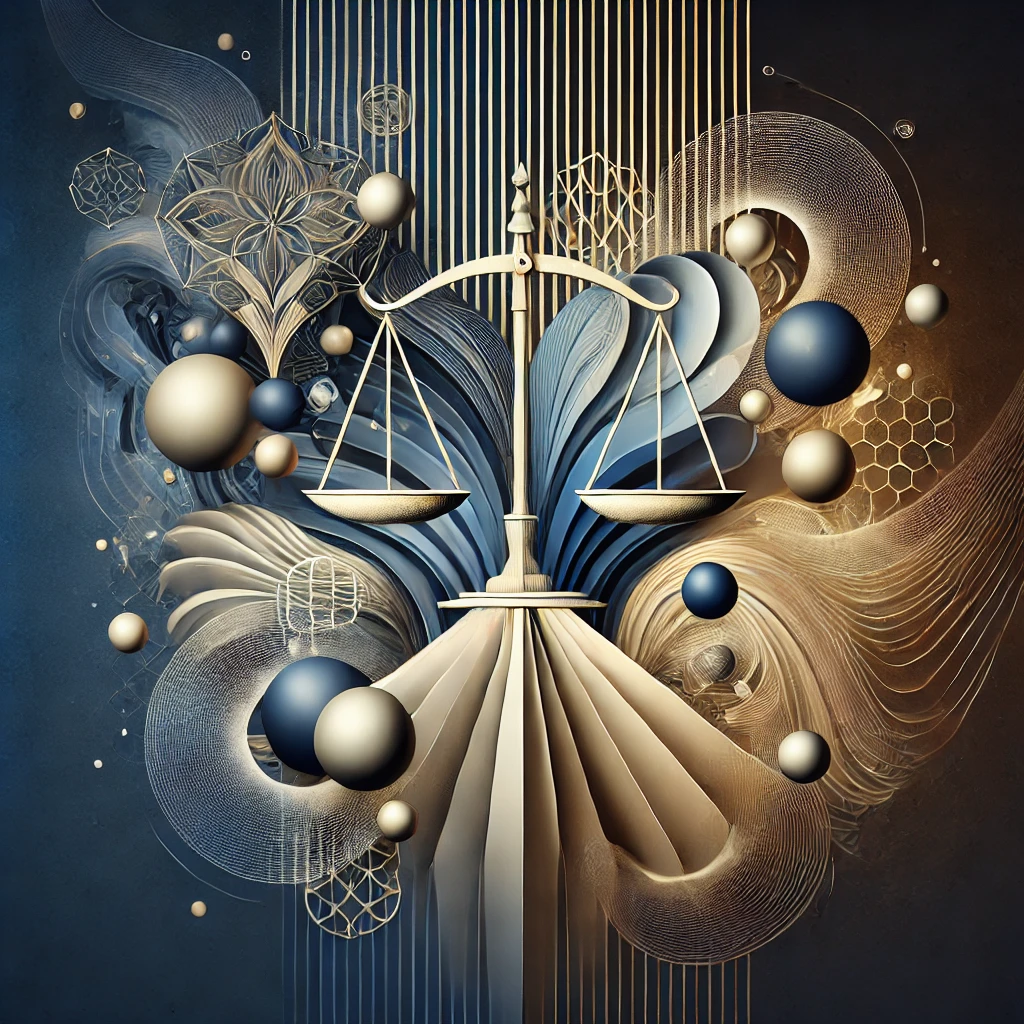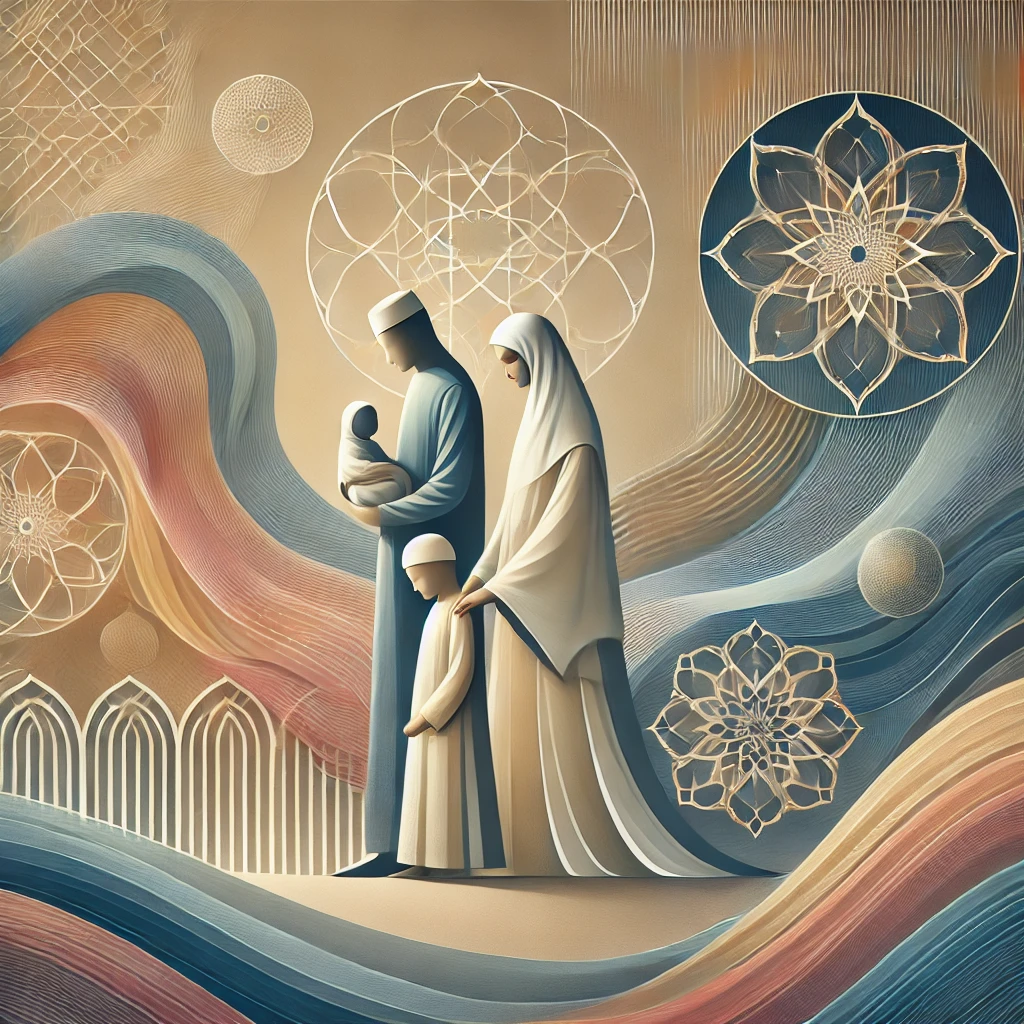Islam regards justice (Adl) as one of the core principles that must be upheld in all aspects of life. The Quran and the Sunnah of the Prophet Muhammad (PBUH) highlight justice as the cornerstone of social order and interpersonal relationships. In Islam, justice is not just a legal term but a moral imperative that must be practiced both in personal dealings and societal governance. Muslims are encouraged to act justly, whether in their obligations to Allah or in their relationships with others.
The Quran emphasizes the importance of justice in numerous verses. For example, in Surah Al-Ma’idah, Allah says: “O you who have believed, be persistently standing firm in justice, witnesses for Allah, even if it be against yourselves or your parents and relatives.” (Surah Al-Ma’idah, 5:8). This verse teaches that justice must be upheld under all circumstances, and personal interests or familial ties should never overshadow the pursuit of fairness. In Islam, justice is seen not only as a virtue but also as a way to earn Allah’s pleasure.
Prophet Muhammad (PBUH) was a lifelong advocate of justice. Under his leadership, the city of Medina became a model society where justice and equality prevailed. The Prophet said: “The just ruler will be under the shade of Allah on the Day of Judgment.” This Hadith emphasizes the importance of fairness, particularly for those in positions of power. Justice is not only a responsibility for leaders but also a moral obligation for every Muslim in their daily lives.
Justice in Islam is not confined to interpersonal relationships; it is also vital in business and trade. The Quran strongly condemns deceit, fraud, and the violation of others’ rights. “Woe to those who give less [than due],” (Surah Al-Mutaffifin, 83:1) warns against dishonesty in business dealings. Acting with fairness and integrity in trade is one way Muslims can earn Allah’s favor.
Furthermore, justice extends to how Muslims interact with the environment and all of creation. Islam teaches that animals and the natural world deserve to be treated with fairness and compassion. The Prophet Muhammad (PBUH) emphasized kindness towards animals and highlighted the importance of caring for the earth. Justice, in this sense, encompasses responsible stewardship of the planet and all living beings.
In conclusion, justice is a fundamental value in Islamic ethics, guiding how Muslims live their lives. Whether in personal relationships, business dealings, or social governance, acting with fairness is a way to earn Allah’s pleasure. Justice plays a critical role in maintaining peace, trust, and harmony within society. In Islam, justice is not merely an abstract concept but a reality that must be lived. Through the pursuit of justice, Muslims draw closer to Allah.










